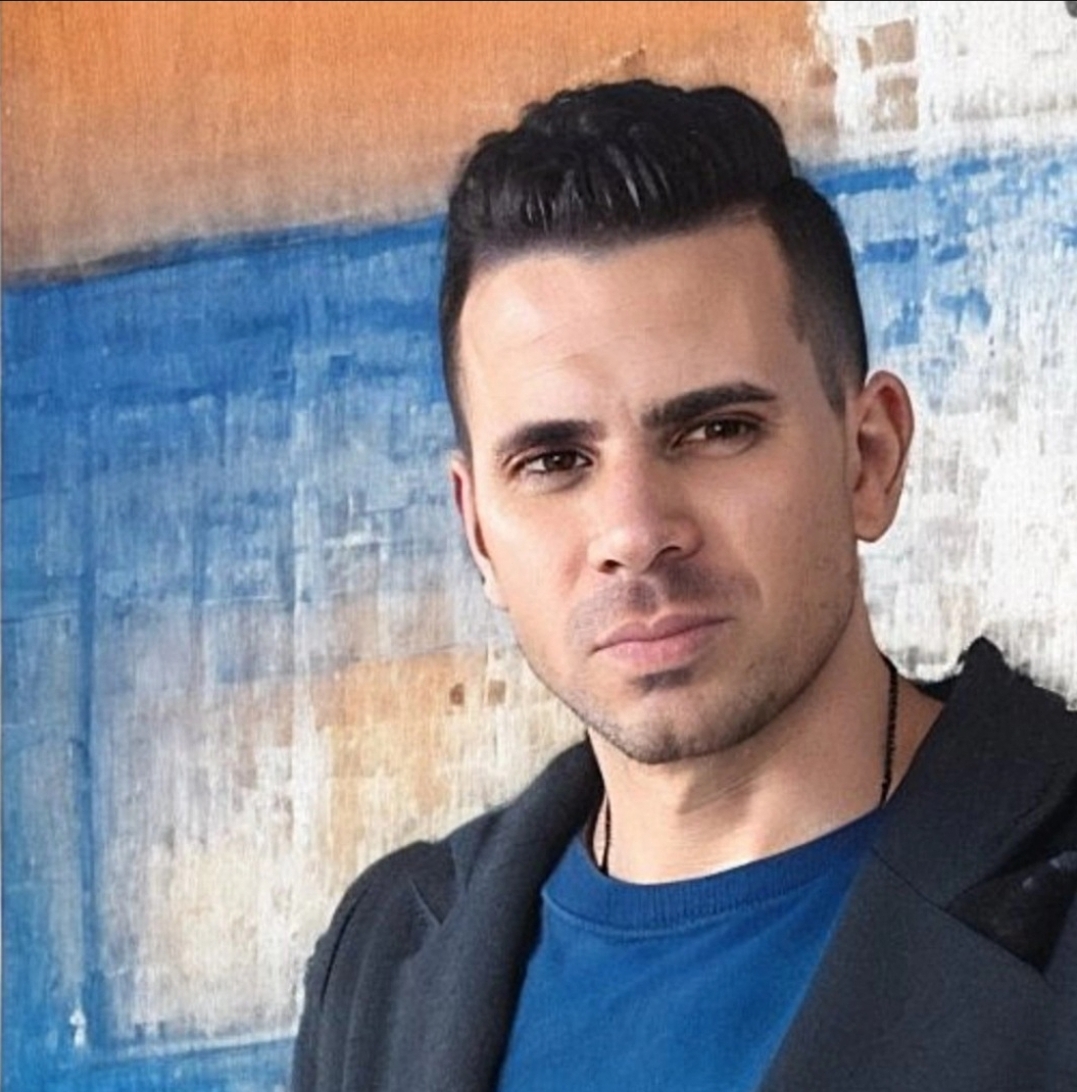Hot Victoria BC real estate advices in 2023 from Jason Craveiro? Here are several real estate tips: Selecting a lender is a matter of personal preference. Many people often shop around, looking for a lender that offers the lowest rate. More often, however, people will choose a lender based on a referral from an agent or friend. Most lending institutions will offer the same basic programs, such as FHA, VA, conventional fixed rate, etc.; and most will meet or beat another lender’s rates. What usually separates one lender from another is their “niche” product. An example would be a lending institution that specializes in low down payments, as compared to another that specializes in self-employment financing. Most agents will be able to point you in the right direction based on your particular situation. Read more information on Jason Craveiro Victoria.

If there are any large issues with your home project, take a few days, and do your homework. We were told early on that we couldn’t have a gas stove in our home and designed the house accordingly. Once the project was completed, we found out that our neighbors on all three sides had gas stoves and the functionality was clearly available for our street. Don’t blindly trust when someone tells you that something can’t be done or that this is “the best price available” – do your homework.
Buying real estate in a good school district makes it a lot easier when it comes time to sell your house in the future. Whether you’re looking to downgrade as an empty nester or upgrade into a larger house to support your family, a top school district is a big-time selling point in real estate. If you buy in a bad school district you run a greater risk of your home depreciating because you are appealing to a much smaller buyer pool. We recommend our buyers focus on specific neighborhoods vs. focusing on cities or larger areas. The neighborhood you live in is going to have a direct impact on you. What are you looking for in a neighborhood? Address this question early on in the home buying process because buying in the wrong neighborhood is a surefire way to be remorseful about buying a house. Discover even more information at Jason Craveiro.
You might hear the word “budget” and cringe a little, but you shouldn’t. Budgeting is not hard, and it doesn’t mean you have to stop doing things you enjoy. Budgeting is simply creating a plan for your money so you have a better idea of where it’s going every month. A popular and effective way to budget is with the 50/30/20 rule. How it works is 50% of your income goes towards the necessities (bills, food, housing, etc.), 20% of your income goes towards savings and the remaining 30% you can use for whatever you please. This is a nice and easy way to break down your paycheck, but you might need to adjust it a bit to fit your lifestyle. Mortgage: This one’s a tricky one, but mortgages are generally considered good debt. They are usually long-term loans with low interest rates, so you’ll still have money freed up for investments and such. The interest from mortgages is also tax deductible, so that’s a bonus. In the end, it’s up to you to decide whether purchasing a home is the right move, as the value of a house will not always rise as some people think. You’ll also have to add in the expenses of property tax, utilities, and home insurance.
Renovating increases the house value says Jason Craveiro : Aspiring renovators sometimes get so focused on getting the desired ‘visual result’ with fabulous kitchens, decor and so on, that they risk running out of money for works to the building envelope — sometimes referred to as the ‘unseens’. If you don’t prioritise key works, such as leaking roofs, timber decay and structural movement, it won’t be long before deterioration of the fabric takes hold, at which point it might be a matter of some regret that so much of the budget was showered on top-of-the-range designer appliances.
Choose a 15-year fixed-rate conventional mortgage. The overall lowest cost home loan is a 15-year fixed-rate mortgage. Rip-off mortgages like the 30-year mortgage, FHA, VA, USDA, and adjustable-rate ones will charge you so much extra in interest and fees and keep you in debt for decades. No thanks. Now crunch the numbers yourself with our mortgage calculator and figure out a monthly payment your budget can handle. And then work with an expert agent to find houses for sale within that budget. For more help on buying a home in this crazy market, check out our free Home Buyers Guide. It has all the answers you need to buy a home with confidence.
While you might have your hands full with an overzealous real estate agent, it’s important not to neglect your mortgage homework. Mortgages are often just mailed in, with little attention given to where they are originated. Your real estate agent will have their preferred lender that you “really should consider using because they’re the best,” but you don’t have to use them or even speak to them. I’ll typically say get a quote from them as a courtesy to keep things amicable, and to appease your agent, but also shop around with other banks, credit unions, lenders, and mortgage brokers. At the same time, think about how you want to structure the mortgage, including down payment, loan type (FHA or conventional), and loan program. The 30-year fixed isn’t always a no-brainer, though right now it’s a tough argument to go against it.